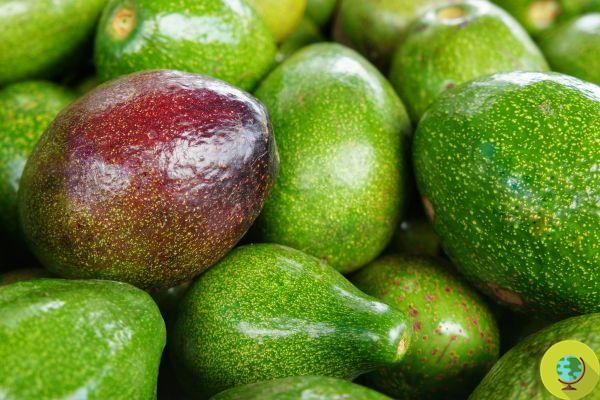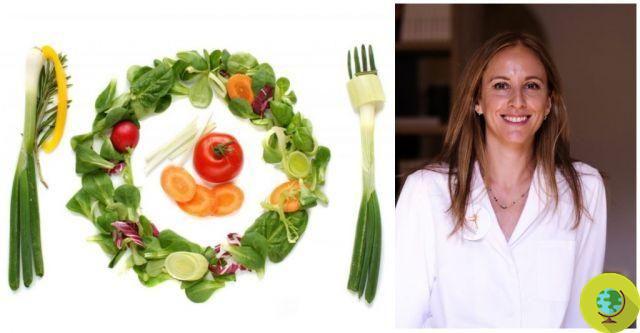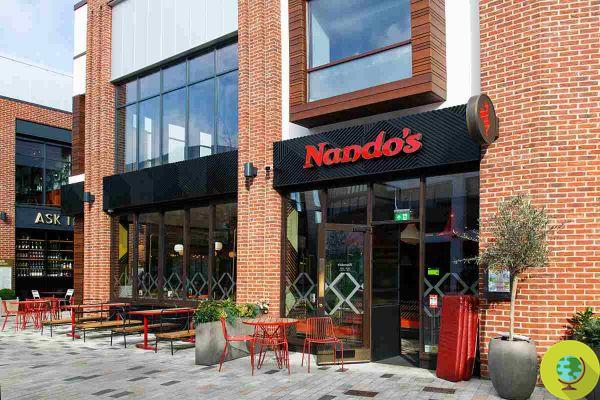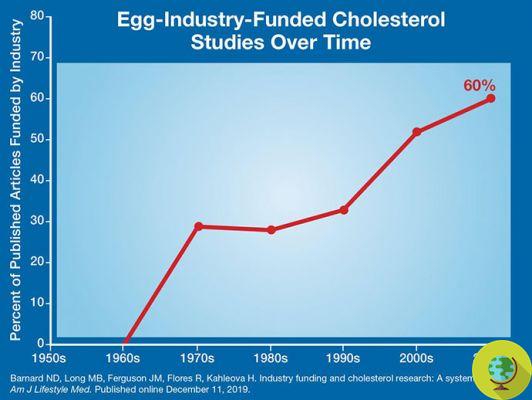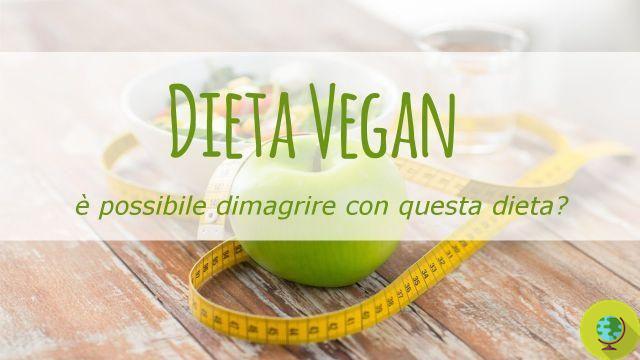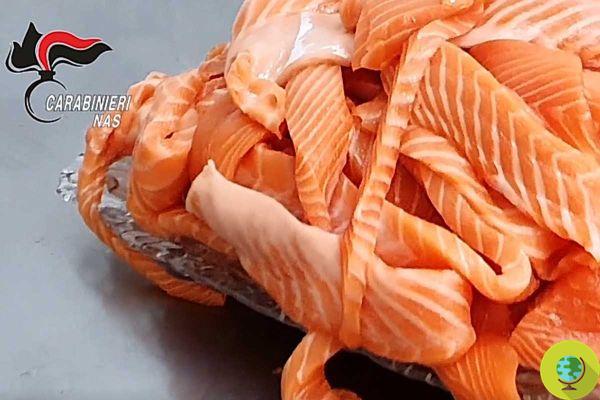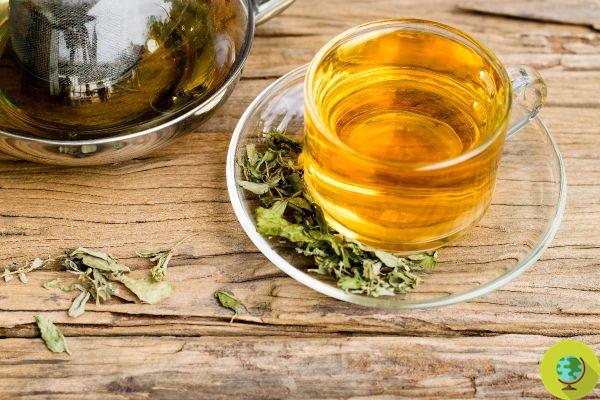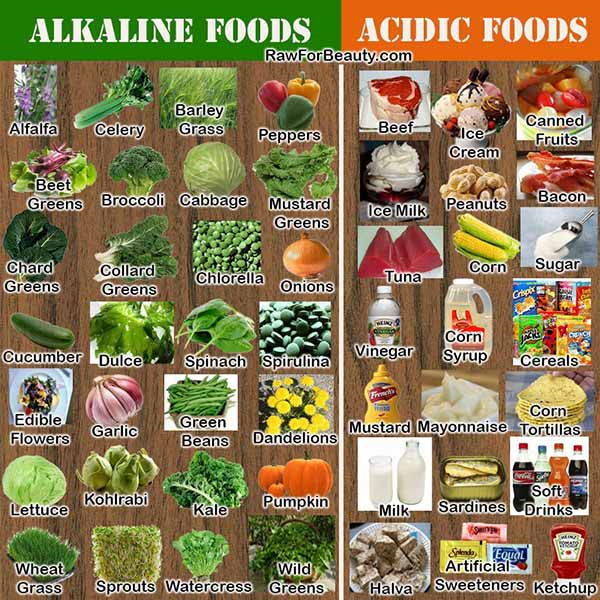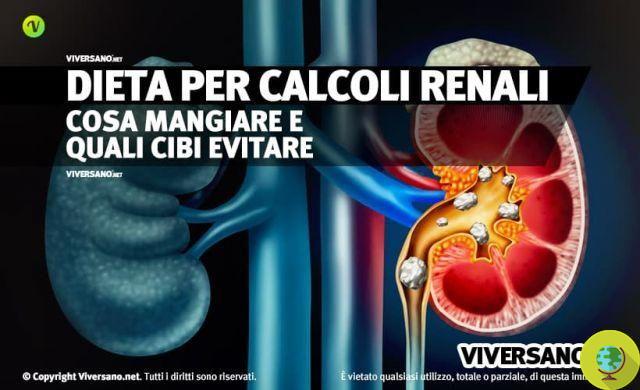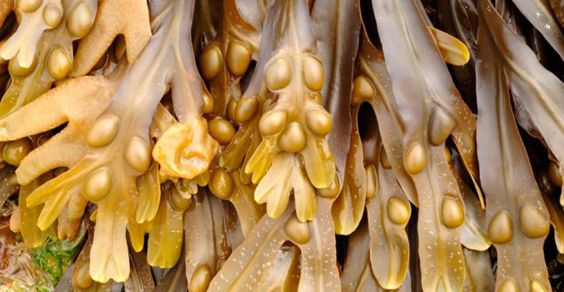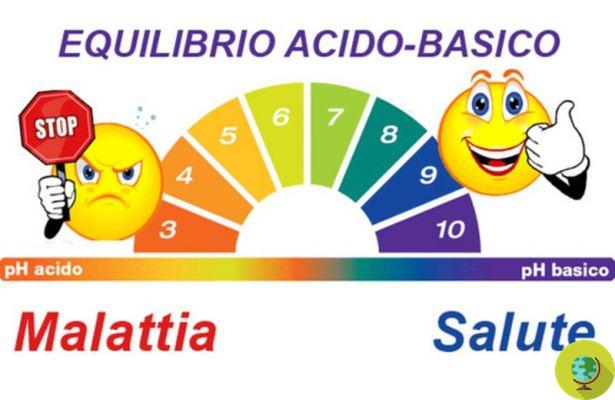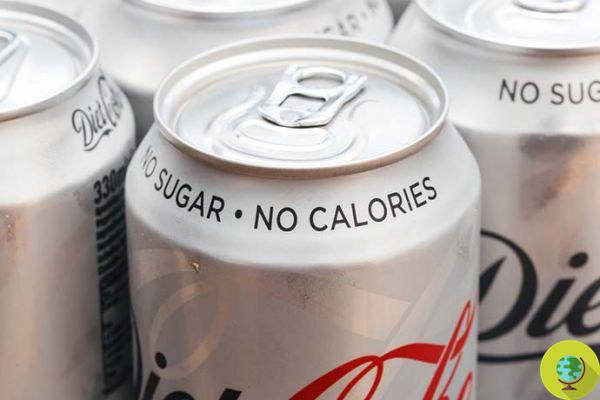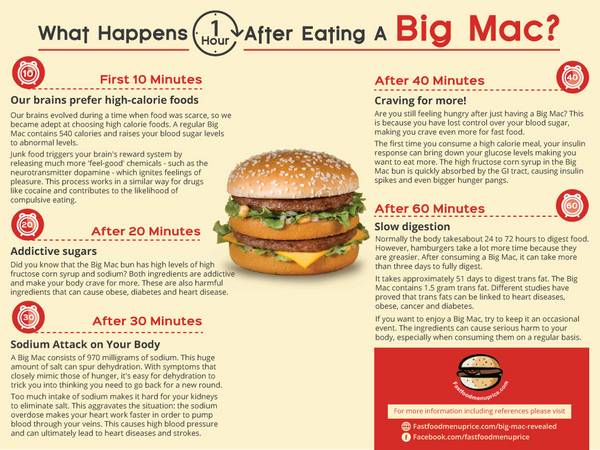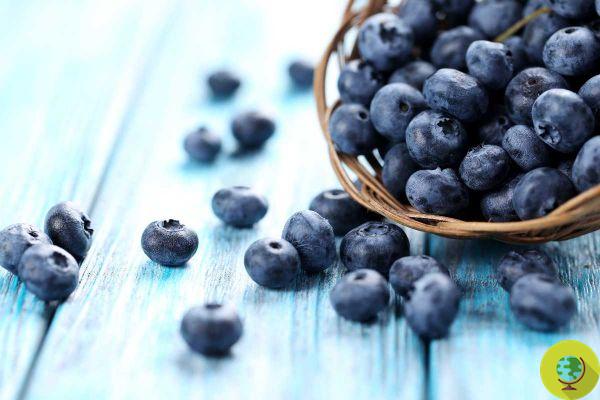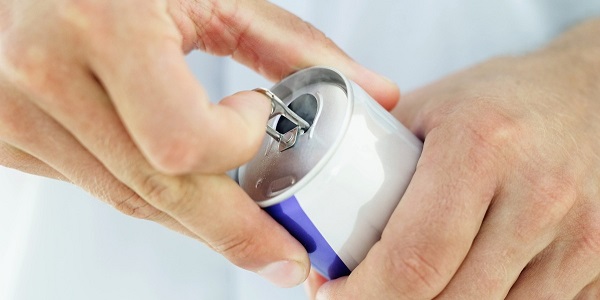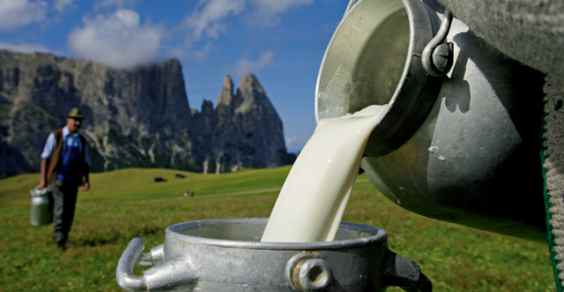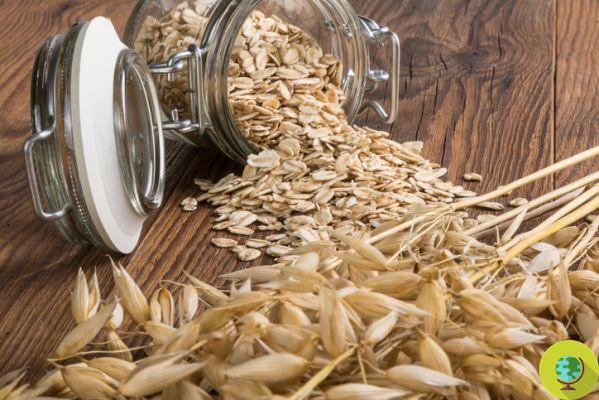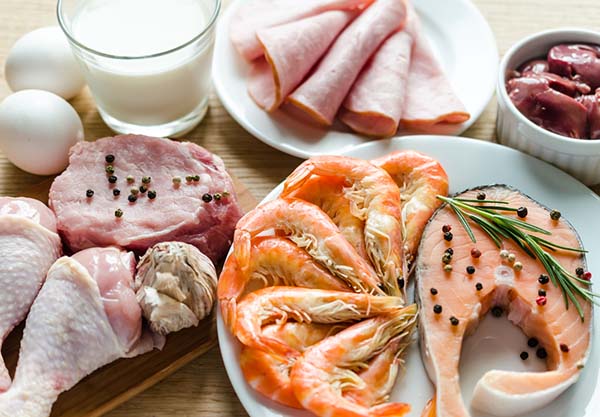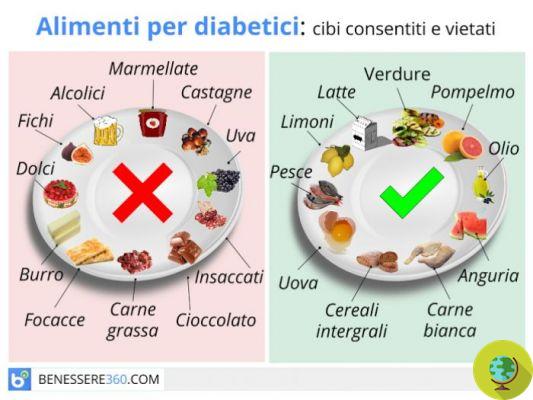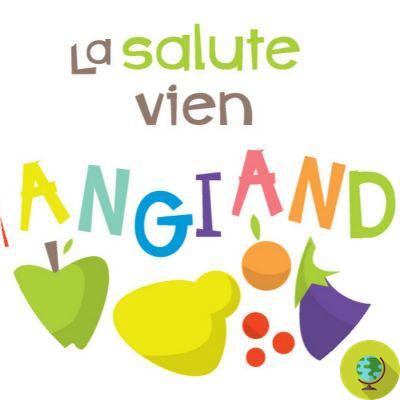
The Ministry of Health has created the booklet Safe nutrition for a healthy summer, a real vademecum for eating well even while traveling.
Don't store avocado like this: it's dangerousIn summer, the heat and the change of habits during the days of vacation upset our way of eating a little. But it is precisely in such circumstances that we must not let our guard down and be even more attentive to nutrition. This is the assumption with which the Ministry of Health has created the brochure "Safe nutrition for a healthy summer”A real vademecum for eating well even on the go.
In particular, the tips are about the best ways to choose, store and cook the foods. Advice within everyone's reach, but which should be remembered especially in summer.
Where and how to buy
- Always be wary of makeshift vendors and unregulated distribution channels in order not to run the risk of consuming foods whose supply chain is not controlled and certified. It is okay to rely on the local farmer or fisherman, but first make sure of the origin and quality of the products sold.
– Al market or al supermarket pay close attention to the state of preservation of the food: always check the expiry date and that the package is not damaged. In the case of frozen foods, make sure that they are stored at the right temperature and placed in the appropriate counters.
How to store food
- As for frozen foods, do not interrupt the cold chain: they must never be thawed and refrozen immediately afterwards. So when they are bought, do it last and use the appropriate bags to transport them home in the shortest possible time. As soon as you have returned from shopping, the first thing to do is to put the most perishable foods in the refrigerator and freezer, remembering that the foods placed in the freezer have maximum storage times (from 2 to 6 months).
- Also drinks should be kept in the refrigerator o in cool and dry places (cellars or under the stairs), in any case never exposed to sources of light and heat.
- Before re-using the freezer that has been standing still for a year in the holiday home, clean it thoroughly by emptying it and defrosting it.
- Try to consume freshly cooked food immediately, but if this is not possible, let the dishes cool before placing them in the refrigerator and, for greater hygiene in order to avoid increasing the bacterial load to which they are subjected while remaining in the open air, always cover them with a plate or a transparent film. Better still by using the special containers with lids.
How to cook and what to avoid eating
- If you are planning to have a picnic in the open air, better prepare the dishes first and store them in the fridge (once cooled) at least 12 hours before the meal already portioned so as not to have the need to manipulate the food outdoors, increasing the risk of bacterial infection.
- For grilling and barbecues in the open air, remember to always use natural fuels such as non-resinous wood and to cook food evenly, whether it is meat, fish or vegetables
- Wash your hands often and well especially if you are about to go to the table, to cook or in any case to handle food
- Abroad avoid risky foods such as raw ones or those made with ingredients of unclear origin, unpeeled fruit and raw vegetables. Pay particular attention towater in countries where it is not particularly verified and which, we remind you, can also be present in the form of ice for soft drinks.
– During le escursioni, May eat berries, herbs or wild fruits and do not drink water from streams.




